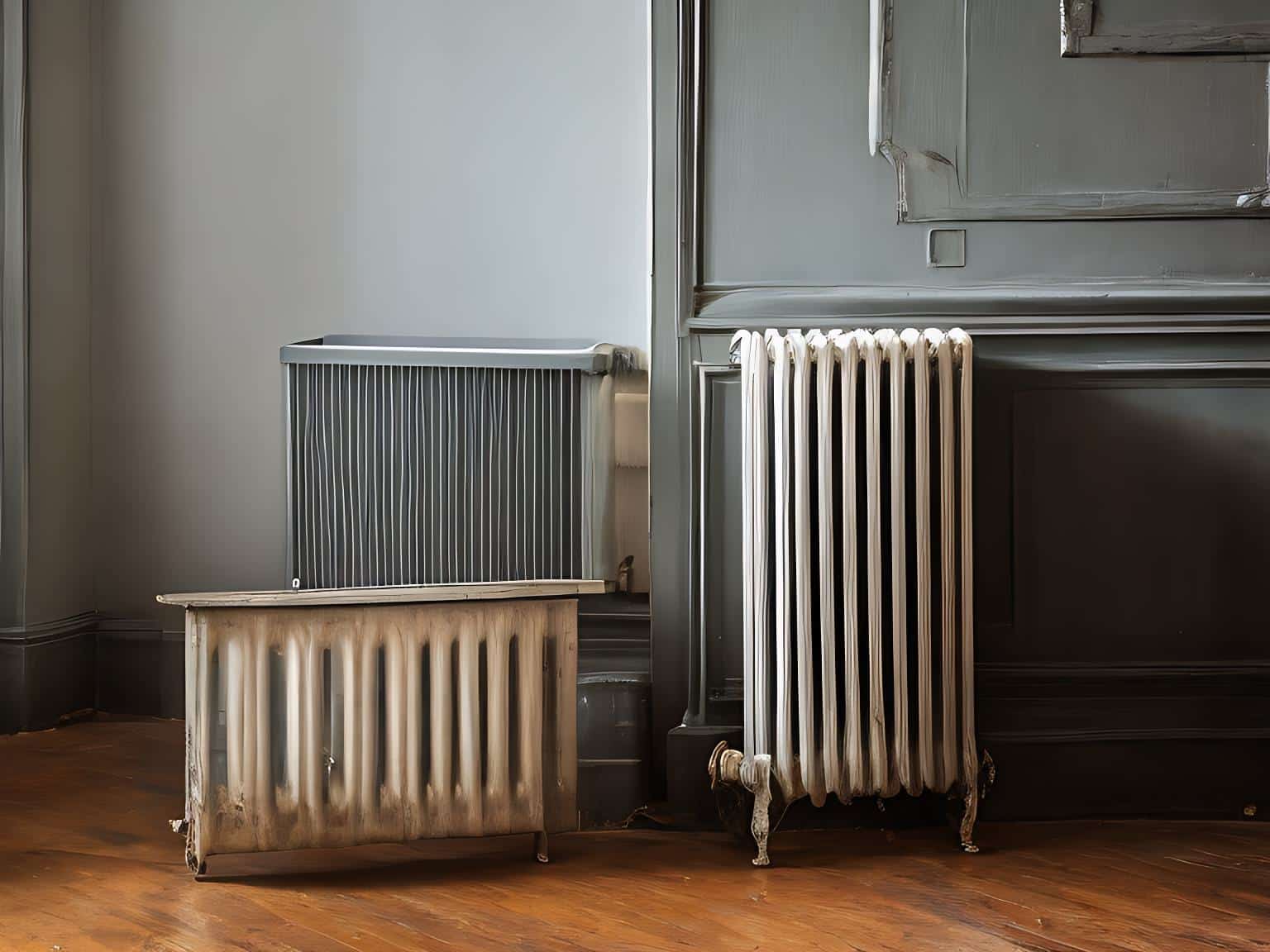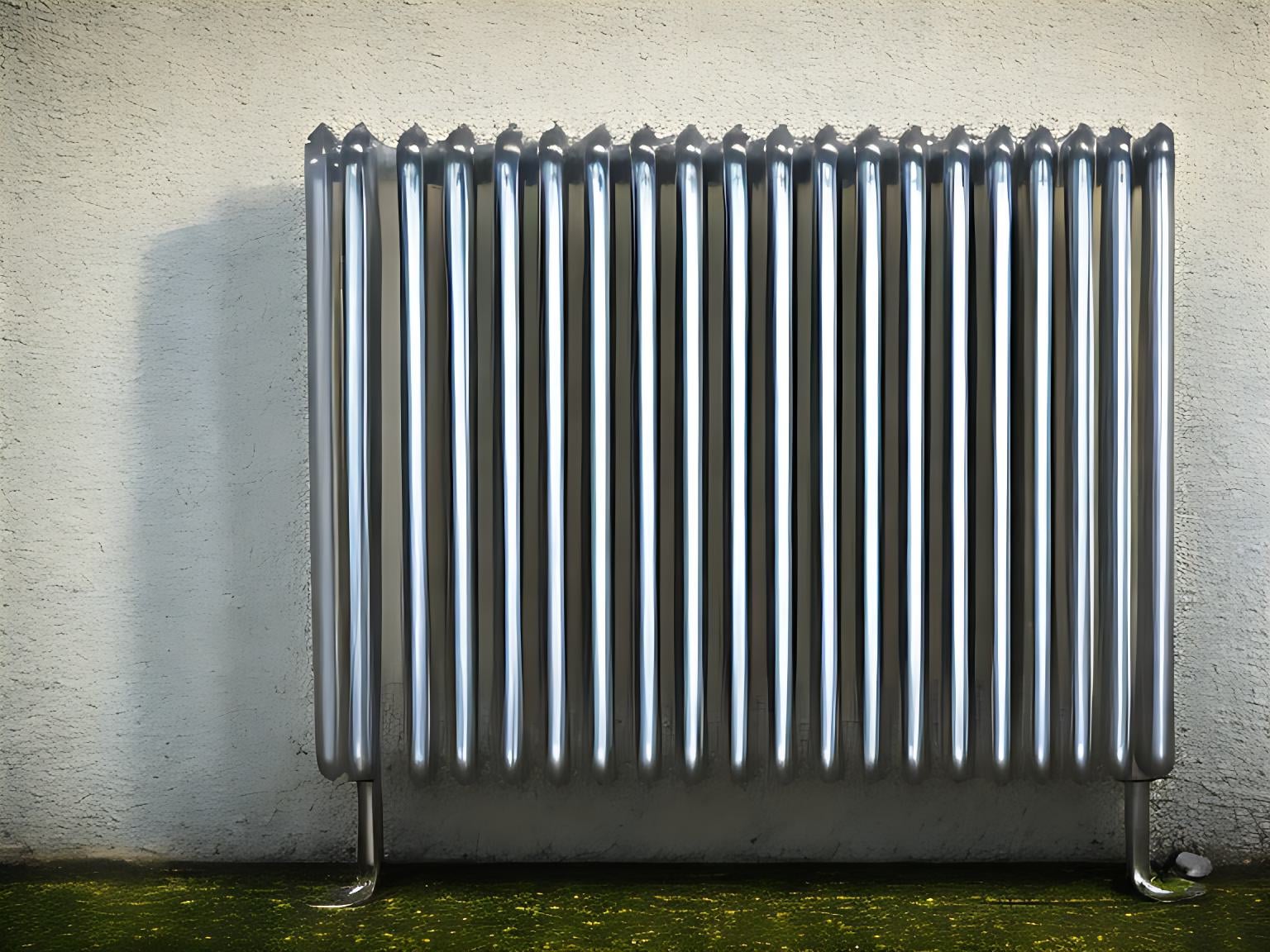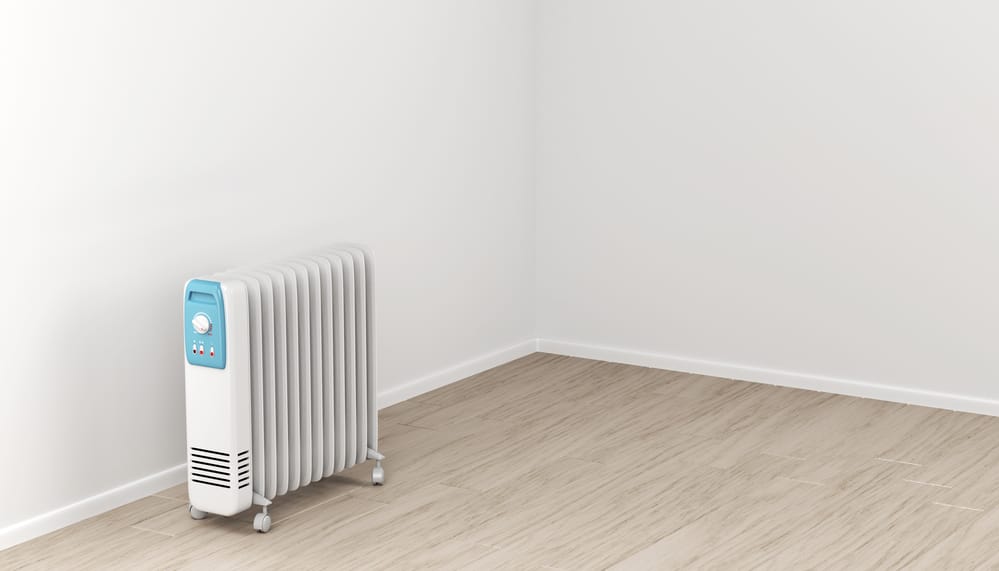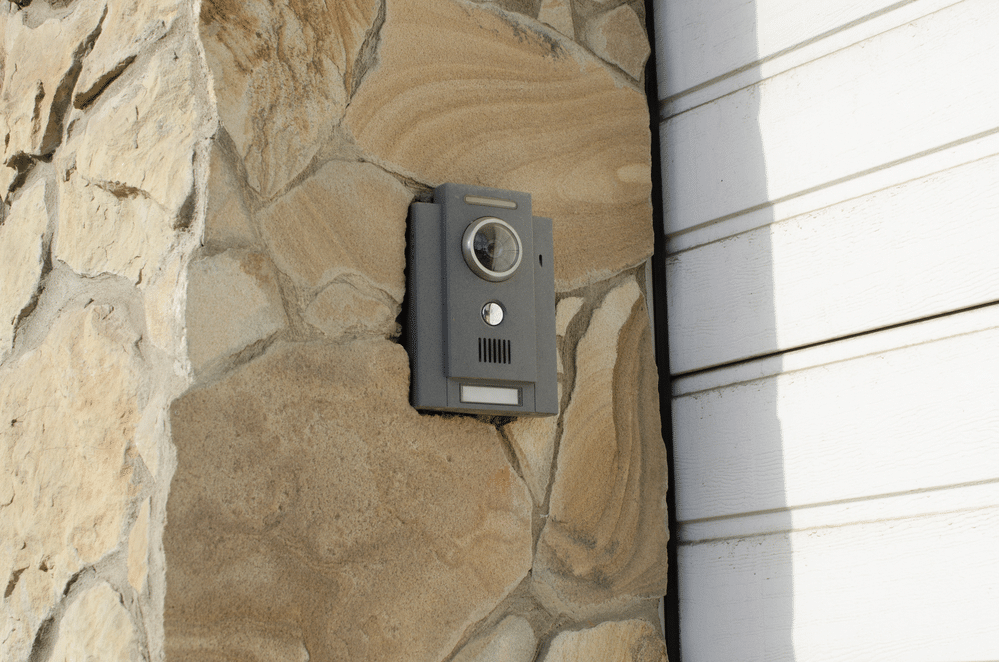Last Updated on
Oil filled radiators are becoming more popular for heating homes in the UK. But when it comes to disposing of them, many people don’t know how to do so safely and without harming the environment. Dispose of an oil filled radiator safely in the UK – that’s easier said than done. So if you want your home heated efficiently but also care about protecting our planet, read on for all you need to know about how to dispose of an oil filled radiator safely in the UK.
Table of Contents:
- What is an Oil Filled Radiator?
- How to Dispose of an Oil Filled Radiator in the UK
- Environmental Impact of Disposing of an Oil Filled Radiator
- FAQ in Relation to How to Dispose of an Oil Filled Radiator Safely in the Uk
- Conclusion
What is an Oil Filled Radiator?
An oil filled radiator is a type of space heater that uses an electric element to heat up oil contained within the unit. The heated oil then radiates warmth into the surrounding area, providing an efficient and cost-effective way to heat your home or office. Oil filled radiators are often used in areas where other heating methods may not be practical, such as conservatories or garages.
Oil filled radiators are designed to last for many years with minimal maintenance required; however, they can become damaged over time due to wear and tear or misuse. When this happens, it’s important to dispose of them safely so that you don’t risk damaging the environment or endangering yourself and others.
An oil filled radiator is a great way to provide warmth and comfort in the home, but it’s important to know how to safely dispose of them when they are no longer needed. This guide will explain how to do so correctly in the UK.
How to Dispose of an Oil Filled Radiator in the UK
When it comes to disposing of an oil filled radiator in the UK, there are a few steps you should take. Firstly, make sure that all of the oil has been drained from the radiator and disposed of safely. This can be done by either taking it to your local recycling centre or calling a specialist waste disposal company who will come and collect it for you.
Once this is done, you need to check with your local council as they may have specific regulations regarding how to dispose of an oil filled radiator. It’s important that these regulations are followed as failure to do so could result in fines or other penalties being imposed on you.

If your local council does not have any specific regulations then you should contact a professional waste disposal company that will be able to advise on how best to dispose of your old radiator safely and legally. They will also provide advice on what safety precautions should be taken when handling hazardous materials such as oils and chemicals which may still remain inside the unit even after draining them out.
In some cases, if the unit is still in good condition then it may be possible for it to be recycled rather than thrown away completely – although this option isn’t always available depending on where you live within the UK. If recycling isn’t an option then make sure that all hazardous materials are removed before disposing of it at your nearest landfill site or authorised collection point for hazardous household waste products such as batteries, paint cans etc
Finally, if none of these options are suitable then consider donating or selling your old oil filled radiator online via sites like eBay or Gumtree. Remember though that whoever buys or receives it must also follow all necessary safety guidelines when handling and disposing of their appliance.
By following the steps outlined in this guide, you can dispose of your oil filled radiator safely and responsibly. Now let’s take a look at the environmental impact of disposing of an oil filled radiator.
Environmental Impact of Disposing of an Oil Filled Radiator

Oil filled radiators contain a variety of hazardous materials such as polychlorinated biphenyls (PCBs) and heavy metals which can cause serious health problems if not disposed of properly. Improper disposal can lead to contamination of water sources, soil, and air pollution.
The most important thing you can do when disposing of an oil filled radiator is take it to a licensed waste management facility that specialises in hazardous material disposal. This will ensure that all hazardous materials are handled safely and correctly so they don’t end up in the environment or harm anyone’s health. It is also important to make sure that any remaining oil is drained from the radiator before taking it for disposal as this could potentially leak out during transport or at the waste management facility causing further damage to the environment.
The environmental impact of disposing of an oil filled radiator can be significant, so it’s important to consider alternatives before making a decision. In the next section, we’ll look at some of those options.
FAQ in Relation to How to Dispose of an Oil Filled Radiator Safely in the Uk
How do you dispose of oil filled radiators UK?
Oil filled radiators should be disposed of carefully to avoid any potential harm to the environment. The best way to do this is by taking them to a local Household Waste Recycling Centre (HWRC). These centres are designed for safe disposal of hazardous materials, such as oil-filled radiators. Before you take your radiator, make sure it has been drained of all oil and cleaned thoroughly. If you’re unsure how to do this, contact your local council or HWRC for advice on how best to proceed. Once at the centre, staff will advise you on the correct procedure for disposing of your radiator safely and responsibly.
Conclusion
Disposing of an oil filled radiator in the UK can be a tricky task, but it is important to do so safely and responsibly. By following the steps on how to dispose of an oil filled radiator safely in the UK, you can ensure that your old oil filled radiator is disposed of correctly and without causing any harm to the environment. Remember that there are alternatives available if you don’t want to dispose of your old oil filled radiator yourself – just make sure that whatever option you choose, it is done safely and responsibly so as not to cause any damage or harm.
Paul is the type of person who never met a problem he couldn’t fix. He can always be found tinkering with something in his house, even if it isn’t broken! His tips and tricks are often shared on our site. He’s the one you call when something breaks because he has been known to improvise fixes for everything from leaky faucets to malfunctioning dryers.



